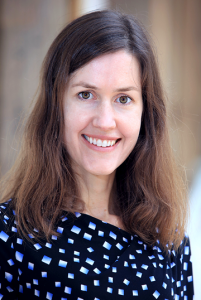
Topic: Analyzing private and public apologies
Abstract:
Widely studied by linguists, psychologists, business ethicists, religious scholars, sociologists, philosophers, rhetoricians, legal experts, and historians (Battistella, 2014), apologies carry high-stakes value in discourse (Cohen, 2005) and have even been the focus of TED talks. Given recent scandals with high-profile individuals, public apologies have attracted increased media attention. This presentation draws upon well-established taxonomies for the apology speech act (Cohen & Olshtain, 1981) and recent research on public apologies (Battistella, 2014; Boyd, 2011) across disciplines to explore the rhetorical choices which enhance or detract from the effectiveness of an apology. The presenter engages the audience with examples of apologies from song lyrics, personal emails, and public apologies to reveal the linguistic and pragmatic choices which writers use to claim or shirk responsibility for a transgression.
Biography:
Lisa Leopold is an associate professor and program coordinator for the Institute’s English for Academic and Professional Purposes Program. She brings over a decade of experience teaching survival and academic English to adult immigrants, refugees, children, and community college, university, and graduate students on five continents.
Recognizing what a privilege and responsibility teaching is, Professor Leopold strives for excellence by designing challenging courses which utilize authentic, research-based materials, promote learner autonomy, and foster students’ academic and professional growth. She aspires to create learning opportunities which deepen students’ appreciation for the new perspectives and relationships communicating in another language opens, and she never stops learning.
Professor Leopold has delivered over 50 presentations at international conferences such as Teaching English to Speakers of Other Languages (TESOL), American Association of Applied Linguistics (AAAL), and National Communication Association (NCA). In 2012, one of her innovative teaching ideas was recognized among the “top nine” in the “Great Ideas for Teaching Students” strand at the NCA conference; in 2014, Professor Leopold was invited to speak at the 75th anniversary of the Alianza in Uruguay; and in 2017, she was invited to speak at the CATESOL conference. Professor Leopold’s scholarly work has appeared in the TESL Canada Journal, the CATESOL Journal, and Communication Teacher.
